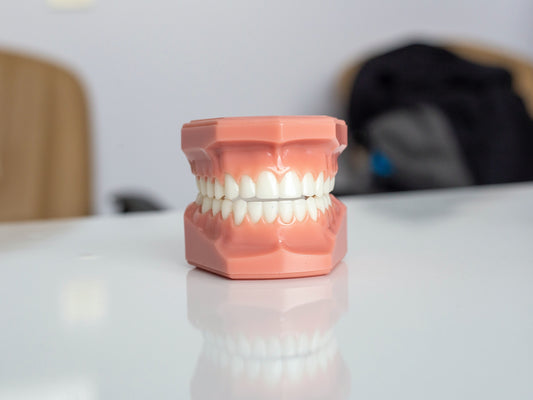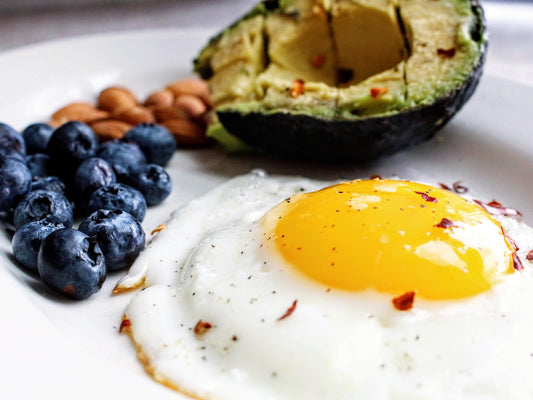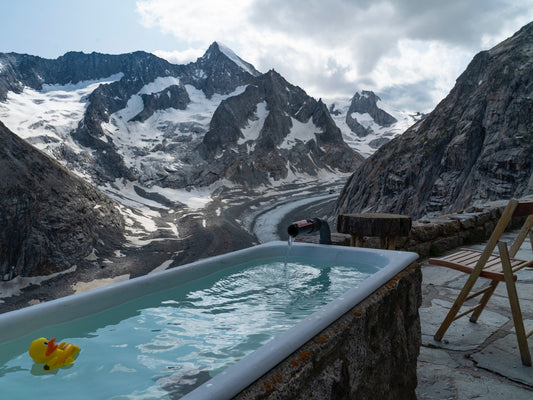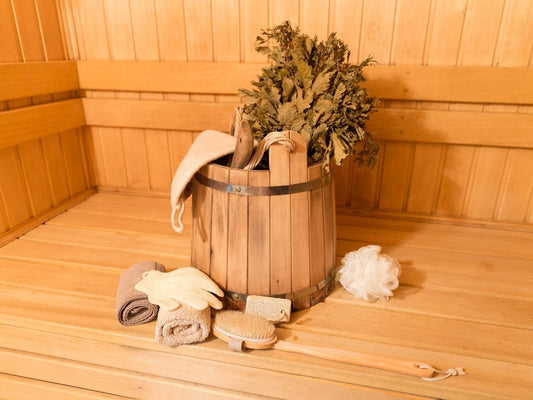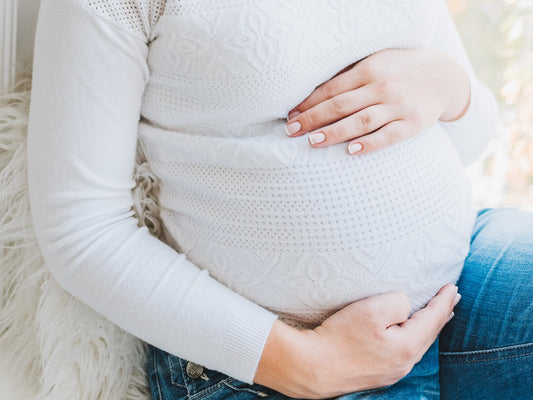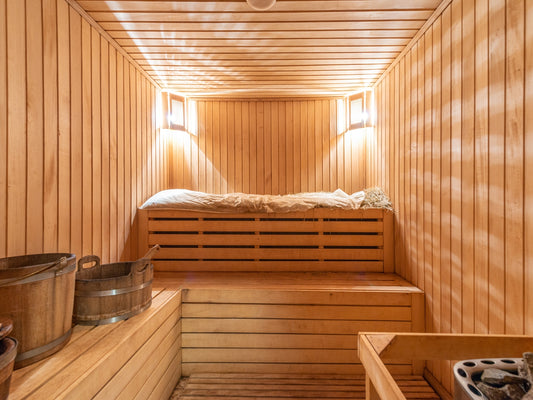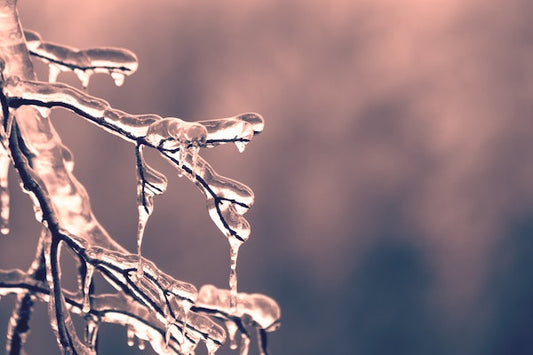It can be hard to find the cause of back pain, and just as hard to treat it. The discs between the vertebrae in our spines need to stay hydrated to prevent damage that could lead to back pain. However, does that necessarily mean that drinking more will keep back pain at bay?
What counts as back pain?

According to the Centers for Disease Control and Prevention (CDC), chronic low back pain is the second most common cause of disability in American adults, responsible for millions of days lost from work each year [1]. Back pain can include persistent aching or stiffness anywhere along the spine, sharp localized pain, chronic pain that radiates into the buttocks and legs, and muscle spasms [3].
What causes back pain?
The exact cause of back pain can be difficult to diagnose. Back pain is considered “mechanical” when it originates from the joints, bones, or soft tissues in and around the spine. Minor injuries such as pulled ligaments (sprains) or pulled muscles (strains) may contribute to back pain [4]. In many cases, there is no obvious cause and the pain is classified as “non-specific.”
Additionally, a number of medical conditions can be the underlying cause of back pain. For example, when the discs between the vertebrae in the spine “slip” or “prolapse” they can press on nerves and cause pain [4]. Sciatica is irritation of the sciatic nerve, which runs from the pelvis to the feet [5]. Back pain can also be caused by swelling of the joints in the spine (ankylosing spondylitis) or bones in the spine slipping out of position (spondylolisthesis). Additionally, back pain may indicate serious underlying problems such as broken bones, infections, or a rare nerve disorder like cauda equina syndrome [4].
What happens in the spine during back pain?

The spine is made up of 33 interlocking bones called vertebrae. Between each pair of adjacent vertebrae lies an intervertebral disc. These discs prevent the vertebrae grinding against one another when you move. They allow flexibility and protect the bones from shocks [6]. Changes or damage to the intervertebral discs can create discomfort and pain in the back.
The intervertebral discs contain contain large amounts of water. In particular, the nucleus pulposus, a region of semi-gelatinous material at the center of each disc, is about 80% water [7]. The water content allows the nucleus pulposus to evenly distribute pressure from the vertebra in all directions. It also acts as a cushion and shock absorber for any jarring movements in the spine [1].
The fluid levels within the intervertebral discs are not constant, because as you move around the nucleus pulposus loses water. This causes the intervertebral discs to thin [6]. Similarly, the weight of gravity compressing your spine also leads to water release—in fact, by the end of the day you can be up to half an inch shorter than when you woke up [8]. Normally this is fine; the discs rehydrate and repair every day, allowing them to effectively cushion your spine once again.
Dehydration of the nucleus pulposus is associated with disc degeneration [1]. When the disc dehydrates, the pressure from the spinal movement is no longer evenly spread in all directions, but instead is shifted to the disc’s outer ring. This outer ring is not designed to endure heavy loads and can begin to collapse under the weight and movement of the back. A collapsed disc can put pressure on nerves within the spinal column, leading to back pain [9].
Degeneration can also cause the disc to bulge outward, pressing on nerves and causing pain. Even more serious, the disc can herniate, or press through a crack in its tough outer covering (the annulus fibrosus). Again, this may lead to pressure on the nerves in the back and cause pain [6].
Can back pain be caused or worsened by dehydration?

As you can see, hydrated discs are happy discs. Your body needs to ensure that any water lost from the semi-gelatinous nucleus pulposus in the intervertebral discs is replaced. This allows the discs to continue to function as shock absorbers between the vertebrae in the spine. Without proper hydration, thinning, and bulging of the discs can put pressure on nerves, potentially causing back pain [9].
So the question is, does how much you drink relate to how hydrated your intervertebral discs are? It seems to make sense that the more water you drink, the more water is available to rehydrate your discs. This is the theory put across by spine health and chiropractic websites as to why not drinking enough may cause or worsen back pain [6, 9].
When we are dehydrated, the water that is available is directed first to the vital organs. This can mean that other areas, such as the spine, may suffer as a result [6]. Therefore, one might assume that when the spine isn’t receiving adequate hydration, the intervertebral discs suffer too. So while you wouldn’t expect to feel immediate reduction in back pain as soon as you drink water, over the long-term, good hydration could help with spine health.
Is there any evidence to support this theory? Anecdotally, chiropractors have reported increases in patients reporting back pain during hot periods, many of whom appear to have a relatively low fluid intake [2]. In 2003 this anecdotal evidence led to a study testing the hypothesis that fluid intake is lower in people with back pain. Scientists compared the fluid intake diaries of patients with back pain and patients without back pain.
Surprisingly, this experiment actually found that the subjects with back pain consumed significantly more fluid in total, disproving the original hypothesis. The authors noted the study was small (165 patients) and there may be numerous reasons why patients with back pain drink more fluids. Therefore, the findings cannot be generalized to all back pain patients [2].
At the time of the study, the authors could not find any other published research on fluid intake in back pain patients, and it appears there have not been many investigations into this question since. So despite the plausibility of an association between fluid intake and intervertebral disc hydration, there’s currently no good evidence to support it.
In addition to the lack of hard evidence connecting fluid intake and back pain, the hydration level of the intervertebral discs isn’t only related to water availability. For example, age-related loss of collagen and protein-sugar compounds within the nucleus pulposus make it less able to hold onto water, contributing to disc dehydration and degeneration [7].
Conclusion
Back pain is a common and potentially debilitating condition. Although in many cases back pain gets better within a few weeks or months [5], this pain can also point to more serious injuries or health problems. The discs between the vertebrae in the spine are important in allowing flexibility and acting as shock absorbers within the spine. However, when these intervertebral discs become dehydrated, their degeneration can put pressure on nerves and lead to back pain. It’s tempting to conclude that the more we drink, the better we can keep our intervertebral discs hydrated. Unfortunately, we just don’t have the evidence to support a causal link between lack of fluid intake and back pain. Hopefully, scientists will provide more evidence soon!
Hydrant has an optimal balance of electrolytes to ensure efficient hydration and less sugar than sports drinks. Give it a try!
Are you concerned about your own hydration levels? Take the quiz below to find the best Hydrant for your hydration routine.
Writer: Josie Elliott
Editor: Teddy Angert














